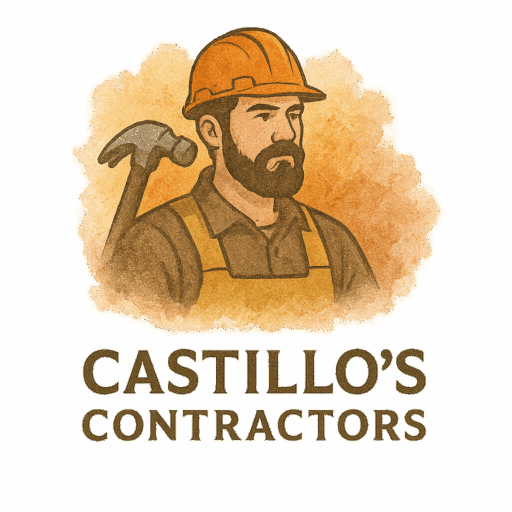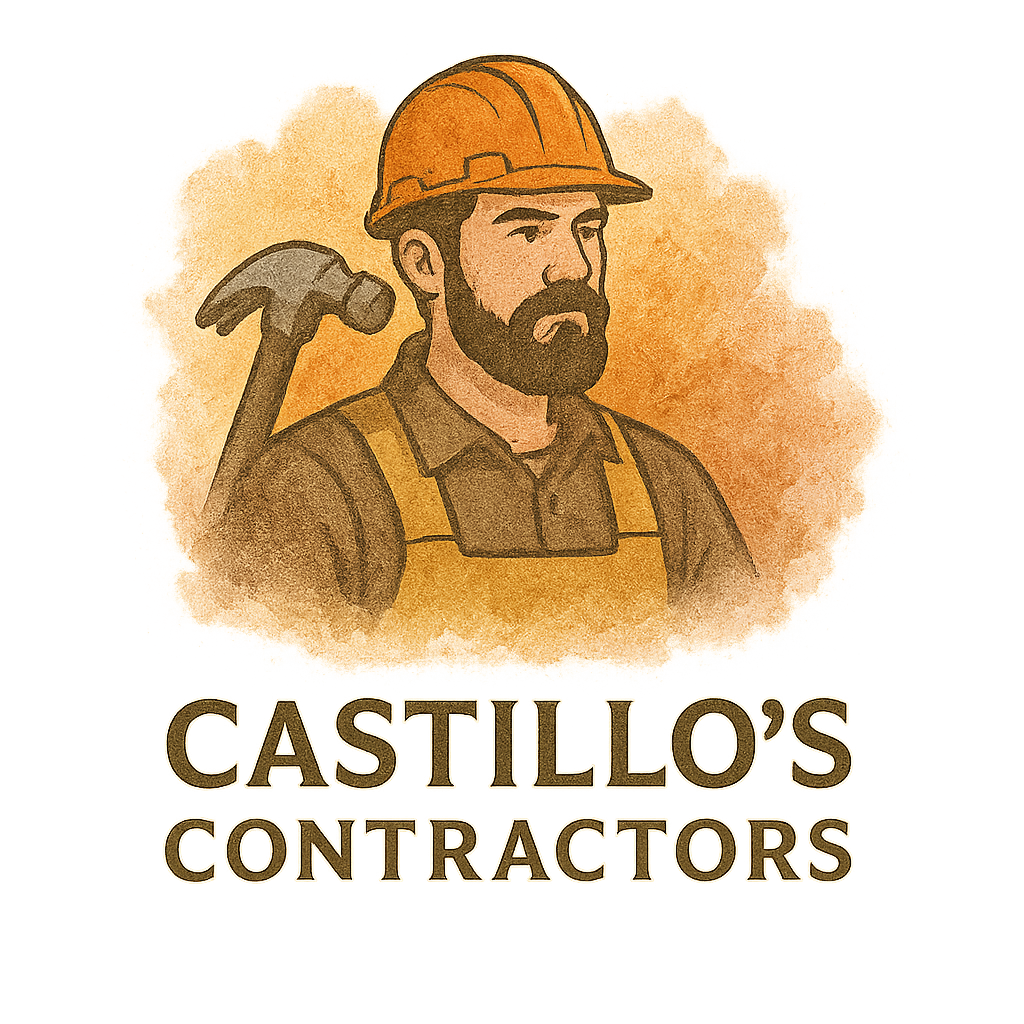Introduction: The Renovation Dream vs. The Nightmare
Planning a home renovation should feel exciting, right? New floors, modernized kitchens, cozy bathrooms—you envision the perfect transformation. But that dream can spiral into a full-blown nightmare if you fall prey to shady contractors.
Let’s face it, not all contractors are created equal. While many are reputable (like the team over at Castillos Contractors), others are smooth-talking scam artists in tool belts.
In this article, we’re breaking down 7 contractor scams to avoid during home renovations—plus how to dodge them like a pro. If you’re planning to remodel, this is your warning and your survival guide rolled into one.
Scam #1: The Disappearing Down Payment
How It Happens
Here’s how the scam goes: the contractor asks for a hefty upfront deposit—say, 50% or more—then vanishes into thin air. No tools, no crew, no work. Just poof—gone!
They’ll often have a convincing story: “We need it to order materials,” or “It reserves your spot.” Sounds legit, but it’s a classic hustle.
How to Avoid It
- Never pay more than 10–15% upfront (unless required by local laws).
- Work with reliable, vetted residential contractors who offer written agreements and staged payment schedules.
- Get receipts for every payment.
Explore more expert tips in the construction tips section.
Scam #2: The Low-Ball Estimate Trap
Hidden Costs After Signing
You get a quote that’s way lower than all the others. Jackpot, right? Nope. This scam ropes you in with a too-good-to-be-true bid, then hits you with “unexpected issues” mid-project. Surprise—your final bill doubles.
Spotting Red Flags Early
- Compare at least three estimates.
- Be skeptical of bids that are significantly cheaper than the average.
- Ask for a detailed, itemized quote.
You can explore more on budget planning with this remodeling and renovation guide.
Scam #3: The “Verbal Agreement” Trick
Why You Always Need a Written Contract
If a contractor says, “Don’t worry, we’ll work it out,” without putting it in writing—run! Verbal agreements are tough to prove if something goes sideways.
Key Clauses to Include
- Scope of work
- Timeline
- Materials used
- Payment schedule
- Warranty
Pro tip: Bookmark the project planning tag for contract checklists.

Scam #4: The License Lie
How to Verify Contractor Credentials
Some contractors say they’re licensed and insured but aren’t. That’s a huge risk if something goes wrong.
The Importance of Insurance
If a worker gets hurt on your property and there’s no insurance? You could be liable.
To avoid this:
- Ask to see their license number and insurance certificate.
- Double-check them with your state licensing board.
- Work with expert contractors you can trust.
Scam #5: The Endless Delay Game
How Delays Turn Into Extra Charges
This one’s sneaky. The contractor starts the project, does a little work, then stops showing up. Weeks pass. Months even. When you pressure them, they say, “We need more money to continue.”
Preventing the Stall Tactic
- Set milestone deadlines in your contract.
- Hold payments until each milestone is met.
- Include penalties for unnecessary delays.
Our friends at Castillos Contractors emphasize timely communication and proper scheduling.
Scam #6: Shady Subcontractors and Labor Swaps
Why It’s a Problem
Your trusted contractor might outsource the job to unskilled subcontractors without telling you. The result? Sloppy work and potential safety hazards.
How to Get Transparency in Hiring
- Ask: “Will you be doing the work yourself?”
- Insist on meeting everyone working on your property.
- Choose trusted contractors who are upfront about their team.
Scam #7: The Vanishing Warranty
Empty Promises After the Job’s Done
Many shady contractors promise warranties but vanish once problems arise. Cracked tiles? Leaky plumbing? You’re stuck footing the bill.
Getting Legitimate Coverage
- Ensure your warranty is in writing.
- Look for coverage lasting at least one year.
- Stick with value-focused professionals who stand by their work.
Also, browse the home improvement tag for post-renovation tips.
How to Choose the Right Contractor
Vetting Your Contractor Properly
- Check online reviews and references.
- Ask to see before-and-after photos of previous work.
- Make sure they’re listed under reputable categories.
Ask the Right Questions
- Are you licensed and insured?
- Who will be on-site every day?
- What’s your process for handling change orders?
Use Trusted Local Services
When in doubt, skip the random online listings and go with Castillos Contractors—your go-to for reliable residential and commercial contractors.
Conclusion: Be Smart, Stay Safe, Renovate Confidently
Renovations should elevate your home, not stress you out or drain your bank account due to shady contractor scams. By staying informed and working with experienced, reliable pros, you can avoid traps and confidently bring your vision to life.
Avoid the pitfalls. Plan smart. Renovate with confidence.
FAQs
1. How much should I pay upfront for a renovation project?
Ideally, no more than 10–15% upfront. Some states cap it at even less. Staged payments are safer.
2. What should a contractor agreement include?
It should detail the scope of work, timeline, materials, payment schedule, and warranties. Always in writing!
3. How can I check if a contractor is licensed?
Ask for their license number and verify it on your state’s licensing board website.
4. What’s a red flag when getting an estimate?
A bid that’s way lower than others usually means trouble—like hidden fees or poor-quality work.
5. Can I sue a contractor for unfinished work?
Yes, if you have a signed contract and documented communication. You can also file a claim with the licensing board.
6. Should I allow subcontractors in my home?
Only if you know who they are and they’re qualified. Ask your contractor to introduce the full crew.
7. Where can I find reputable contractors near me?
Start with Castillos Contractors—they specialize in both residential and commercial construction with an honest, professional approach.


